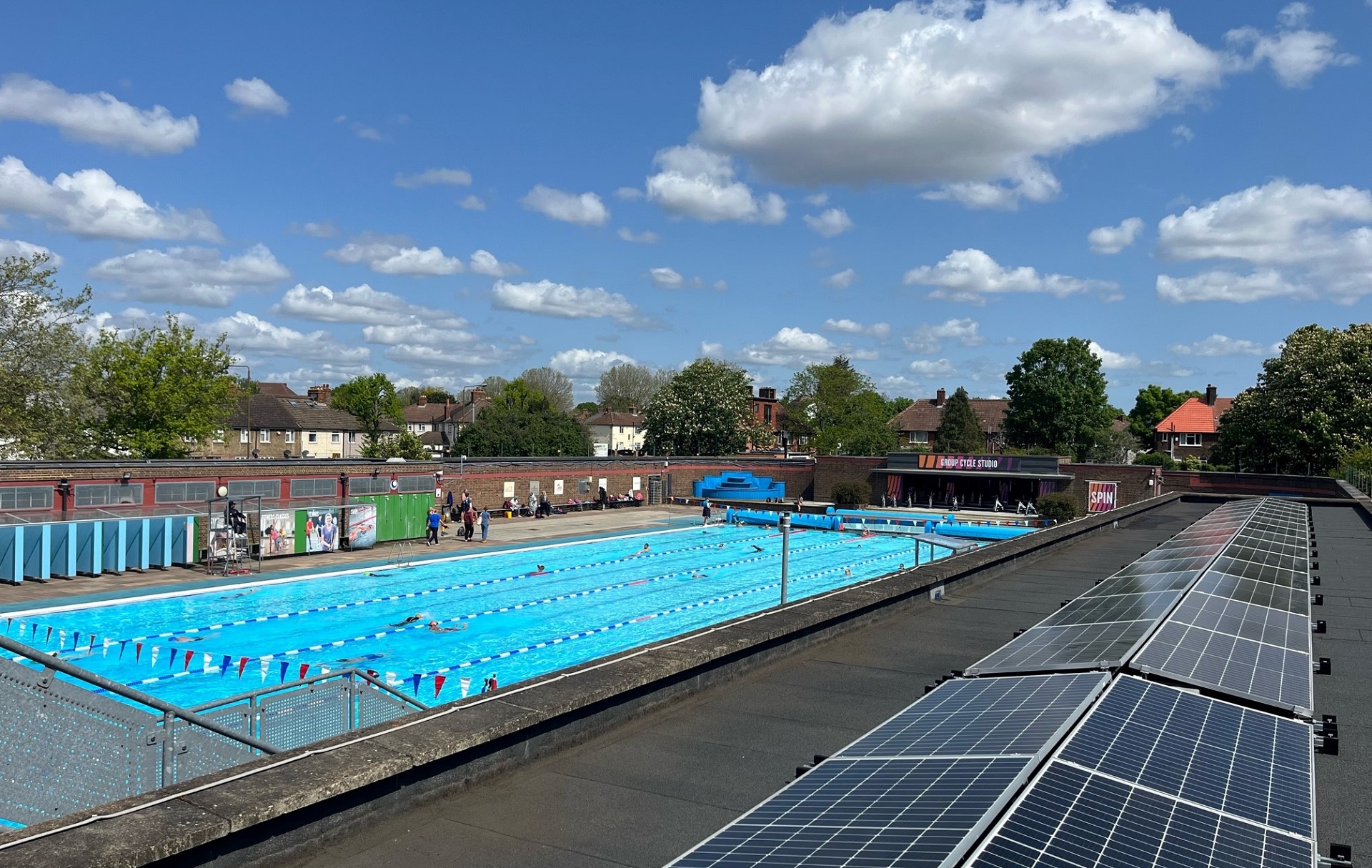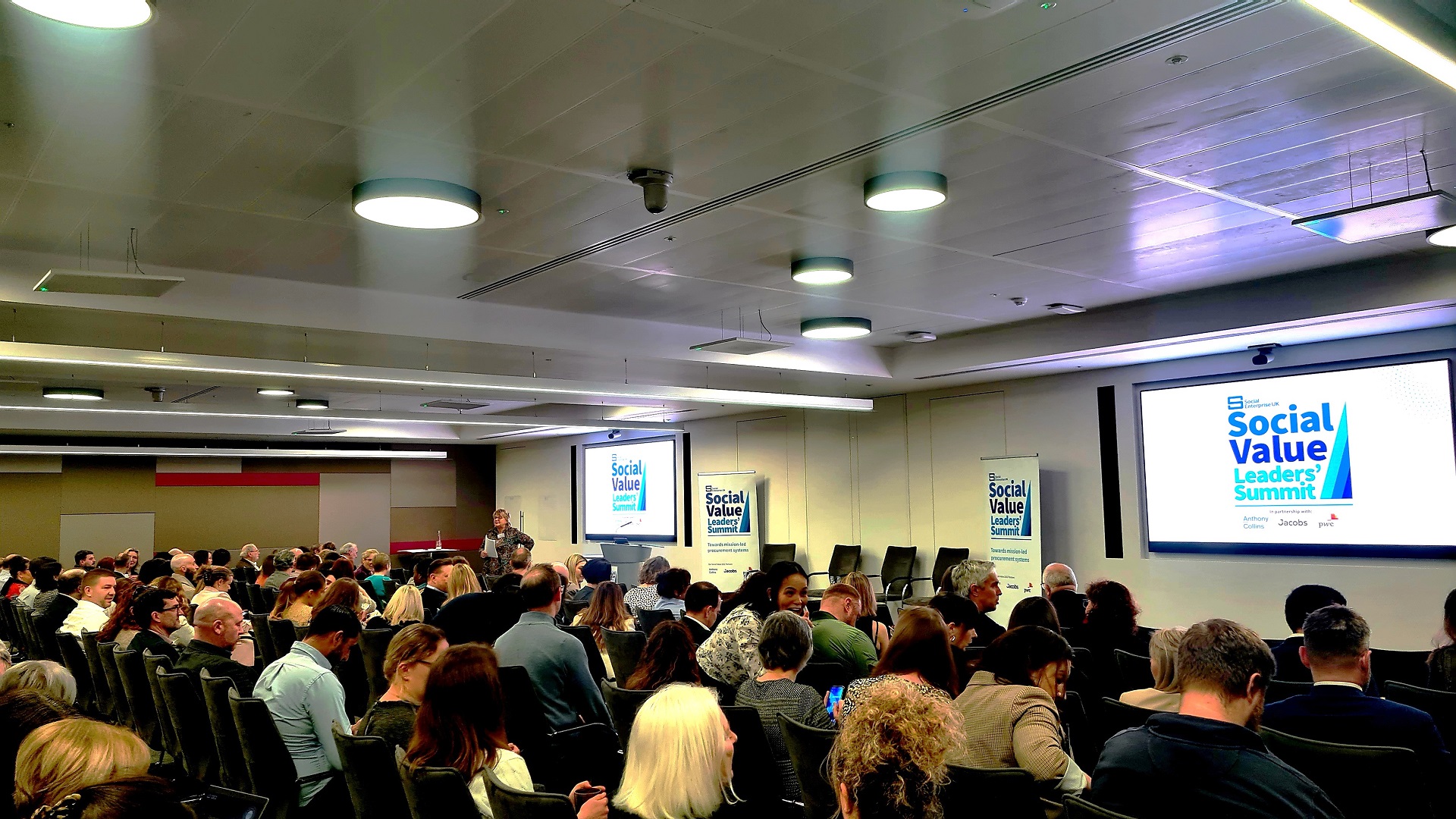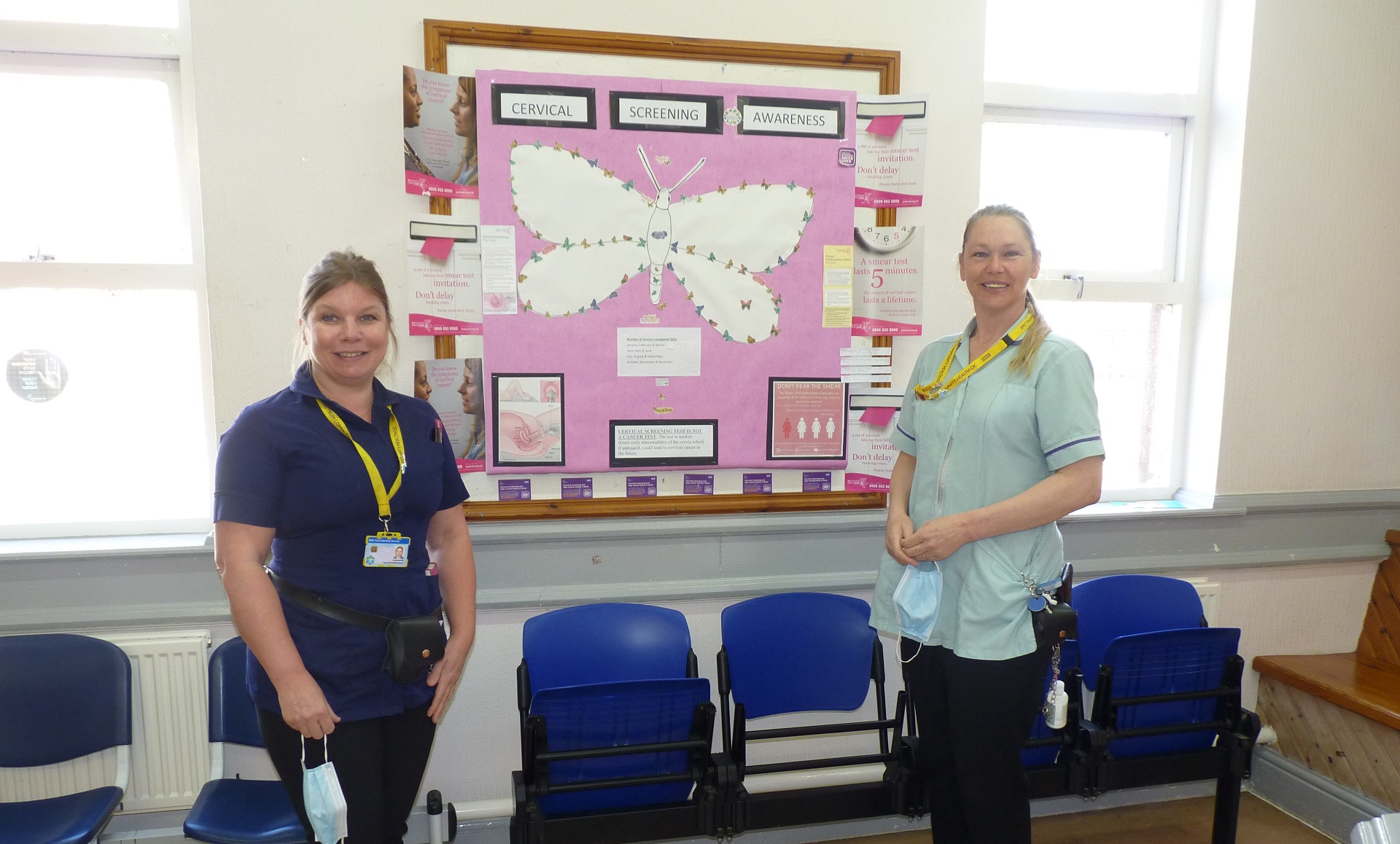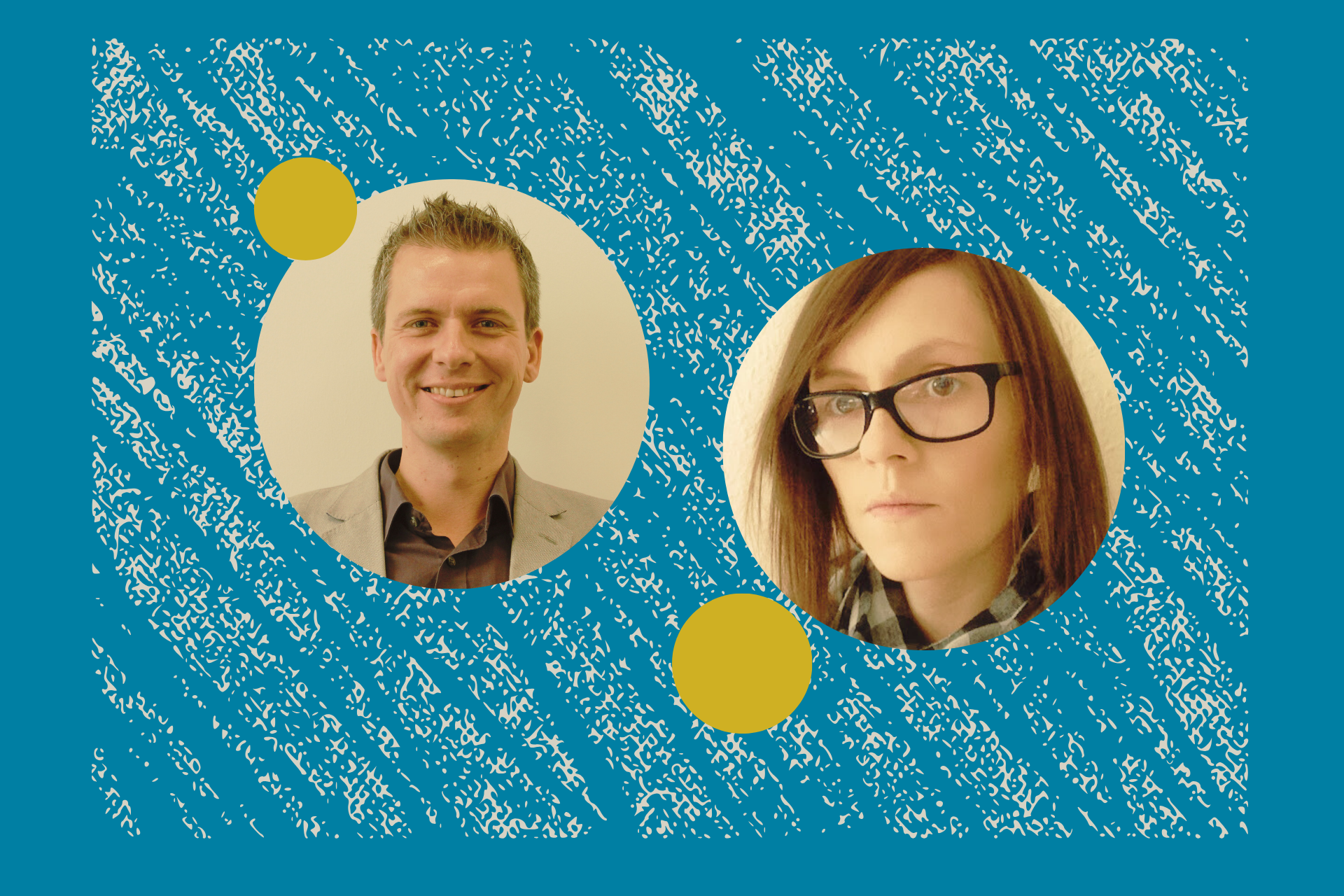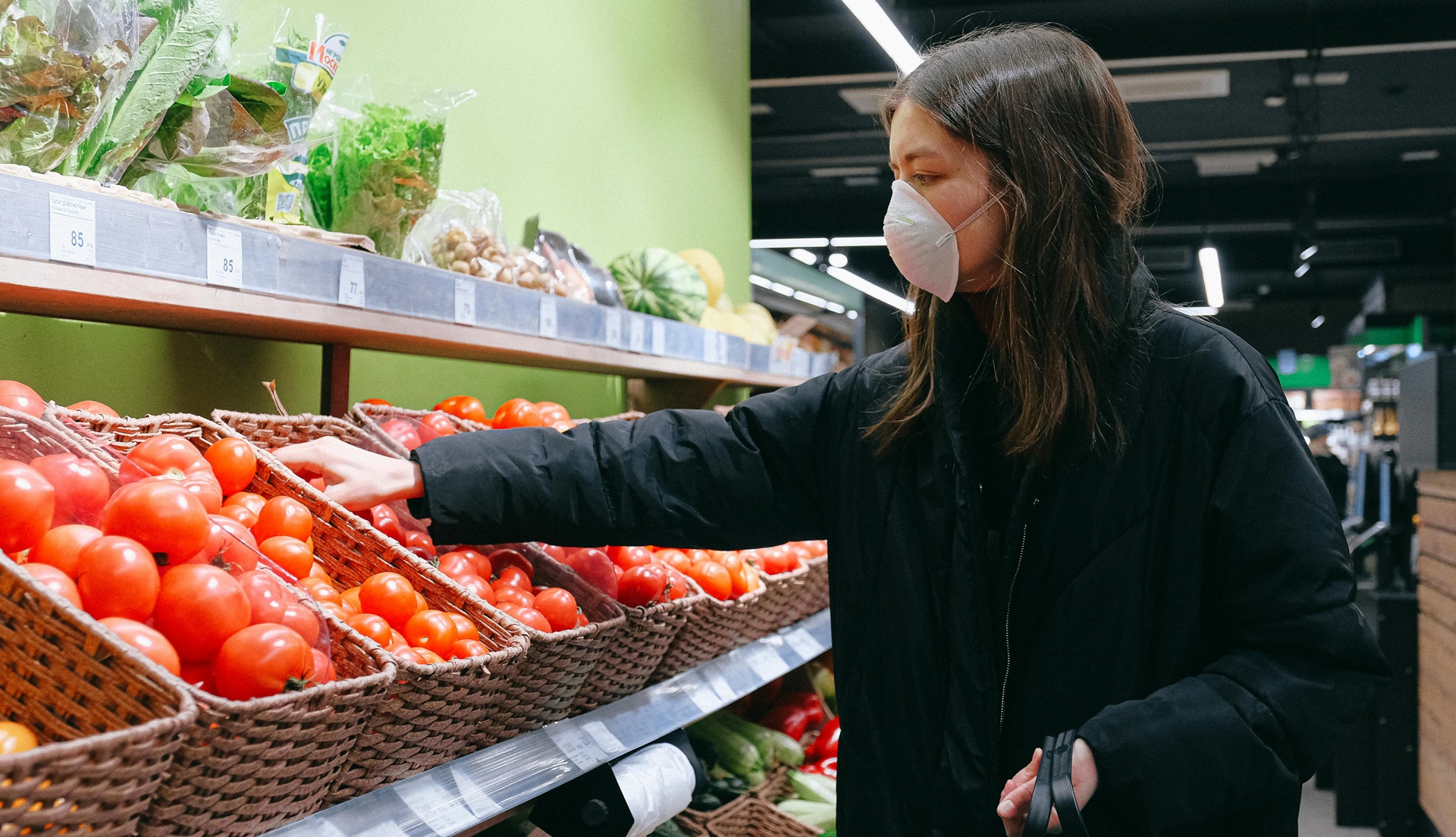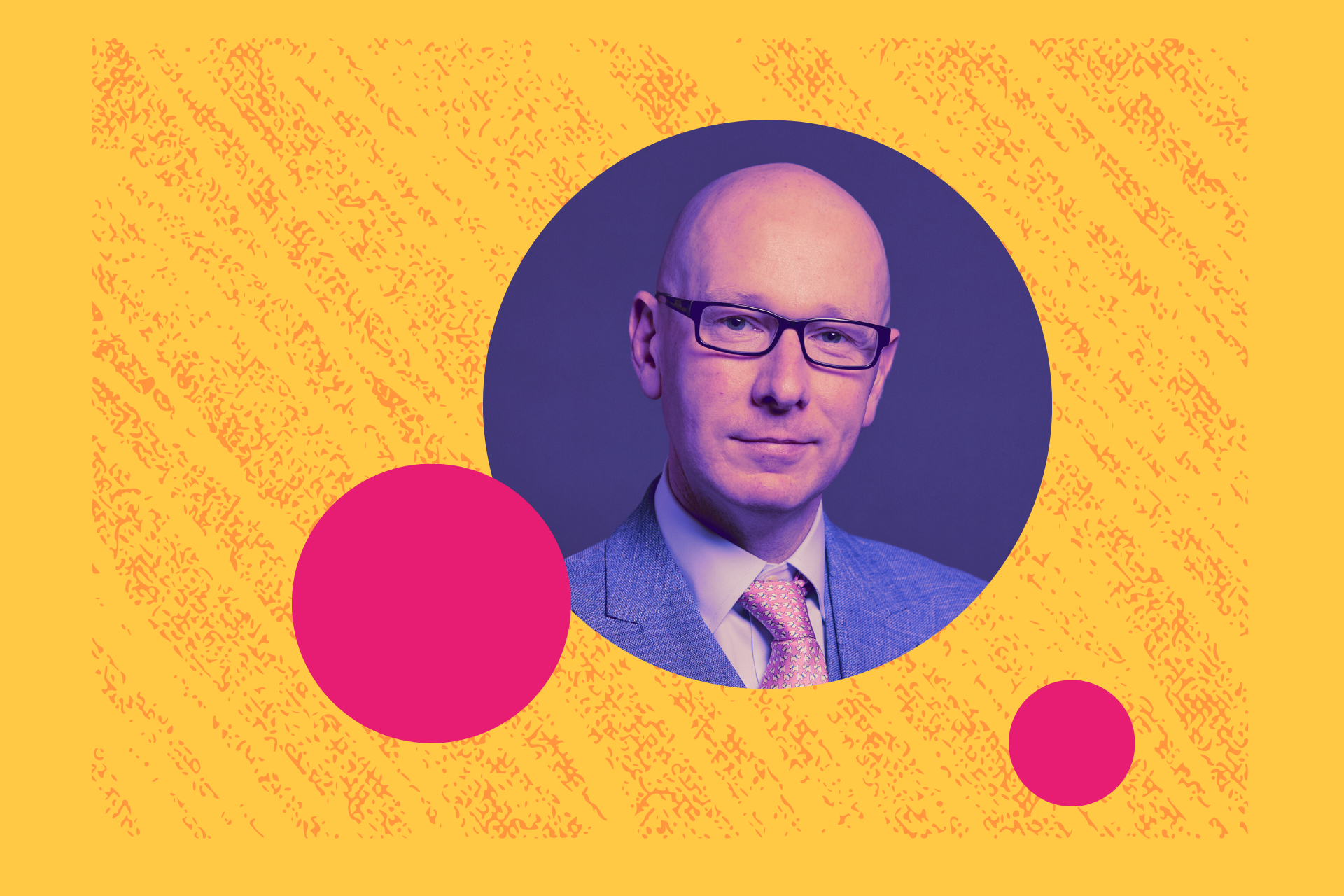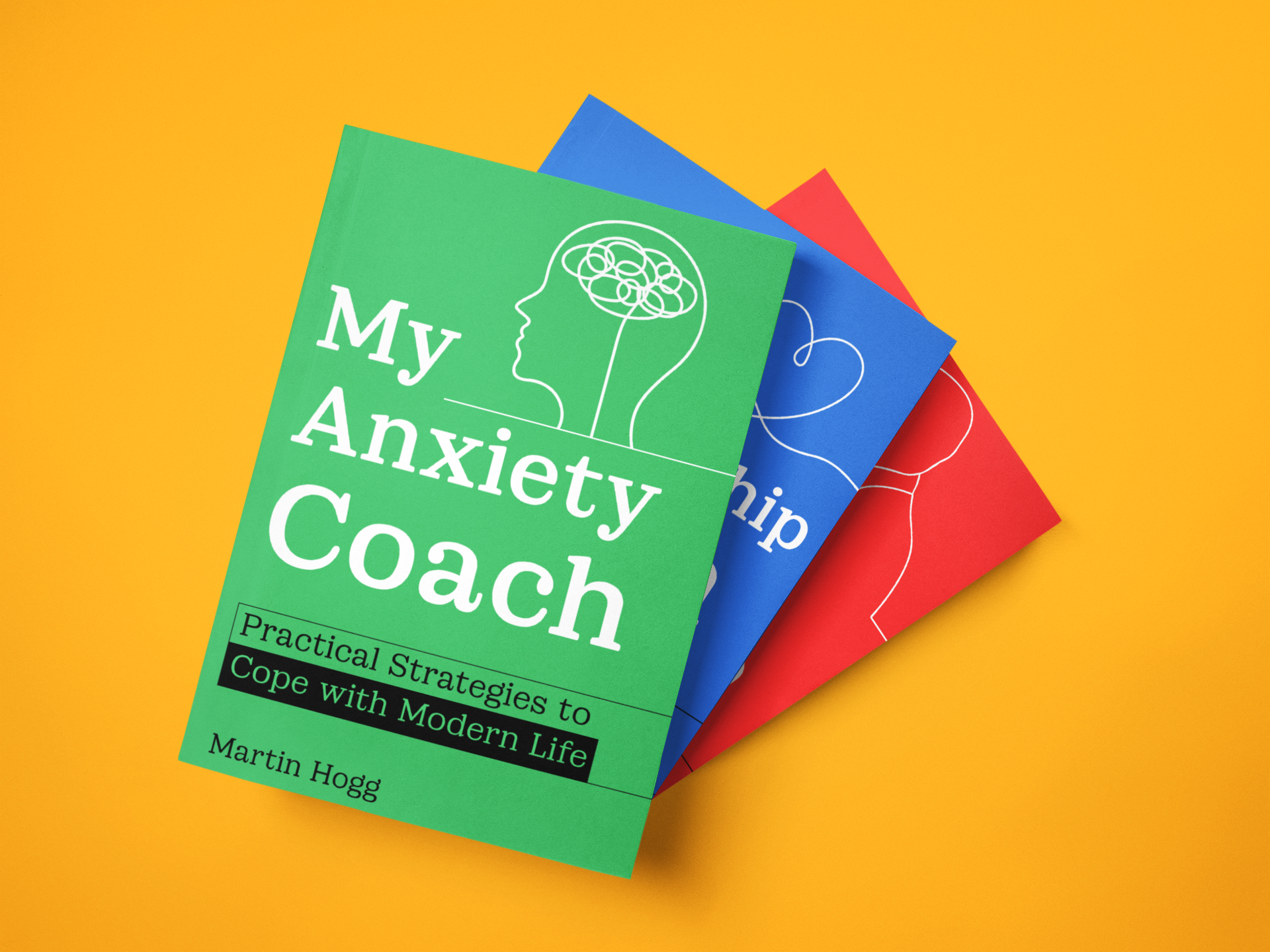
Member updates
My Mental Well-Being Coach Series launched by founder of Citizen Coaching CIC
Birmingham-based award-winning social entrepreneur and leading mental health counsellor, Martin Hogg, founder of Citizen Coaching CIC, launches a new book series focused on accessible strategies to improve mental health for all. As Citizen Coaching CIC approaches its 20th anniversary, Martin Hogg has instigated a step-change in the highly successful and sustainable social enterprise, Citizen Coaching CIC. Citizen Coach CIC operational and day-to-day leadership is now being headed by Carla Lees as the new Managing Director. Meanwhile, Martin continues to drive innovation and develop new products and offers to support positive social and behavioural change for those seeking support strategies to tackle mental health challenges. His first book series launches March 2025 with three new books capturing his twenty years of specialist counselling experience, and translated into readable, bite-size, practical mental health strategies delivered in his unique and engaging style. Highly qualified, yes. Lived experience, yes. Proven results, yes. Martin says, “Back in 2005 the waiting times for counselling support were long. I believed that not everyone needed to see a psychologist or doctor and that some small practical, non-jargony, and motivational interventions in non-clinical surroundings could be effective for many people.” “In 2008, I was asked how I funded the work I was doing. I described the Citizen Coaching CIC model as a modern-day Robin Hood business model, delivering counselling services for those with the ability to pay subsidies to support those who couldn’t afford to pay but were in most need of support. Apparently, that was a social enterprise business model, and that legal structure could help me help more people and secure the service for the future.” Today, Citizen Coaching CIC works in a third-sector consortium with several other local counselling providers, and together they deliver half of the mental health sessions to the people of Birmingham, Europe’s biggest local authority. Now, with Martin’s creative approach and drive to support more people to live better lives, he has put pen to paper and written three books as the first release in a series of positive mental health personal development paperbacks. Just launched on Amazon, ‘My Mental Well-Being Coach Series’ presents My Anxiety Coach, My Relationship Coach and My Anger Coach – not only personal development books but counsellor reference books and additional downloadable tailored management plans to support the journey to well-being. Martin says, “The hardest thing is that, as a counsellor, you can't help everyone immediately. As counsellors, we hate waiting lists but the fact is there is way more demand than supply. We must use all the tools and technology we have to ensure people get the best possible service.” “With the continuing demand for mental health support, I want to share what I know with others so it can help them with their issues or equip them with the tools to help others. I like to keep things simple, easily understandable and memorable. It’s the practical application that will mean success or failure.” “As a social entrepreneur, I’m always looking to innovate and see Citizen Coaching CIC leading the way in creating more quality and accessible mental health resources, courses, online products, books and audiobooks.” citizencoaching.com
3 min

